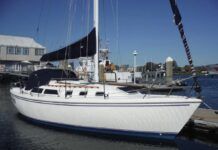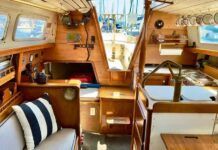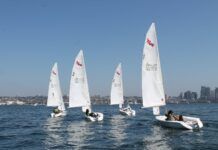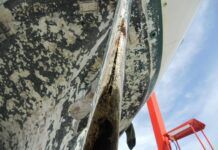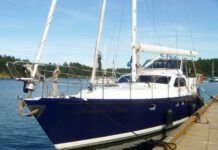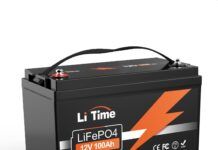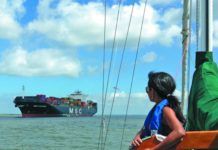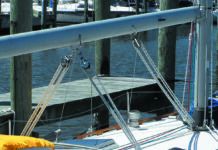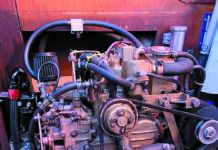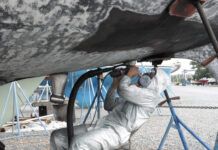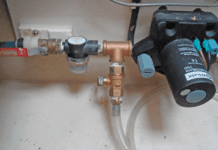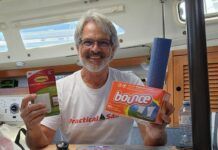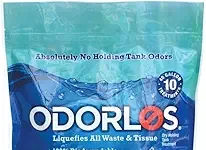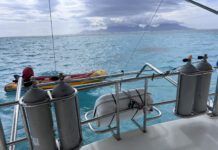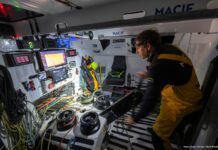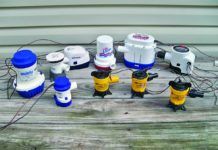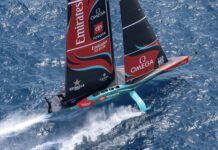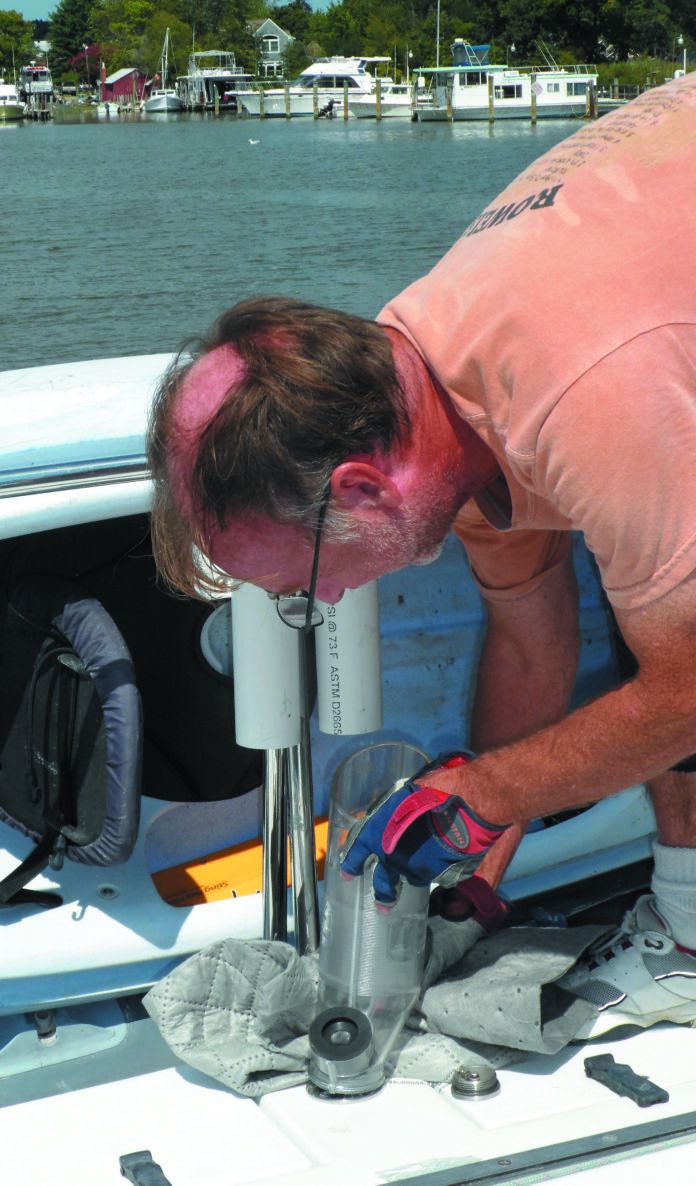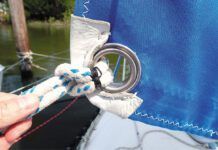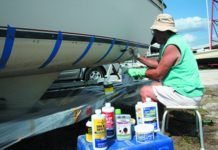O-rings are smart to replace during service, but often OEM parts are not at hand when you need them and priced at the specialty level, even though most are quite generic.
SIZE
Careful measurement is required. The wrong major dimensions and they won’t fit the groove. Try to force it and it will either slide out of position or pinch when tightened, ruining the seal. Same with the cord diameter. Observe whether the old ring is flattened by compression, worn from wear, or swollen by material incompatibility.
COMPATIBILITY
The material must match the service. It may look like “rubber,” but it is actually one of several synthetic elastomers. Nitrile (buna-N) is the usual choice for diesel fuel, motor oil, and gasoline. EPDM is good for high temperature water service but falls apart within days when exposed to oil. Many applications, including heads, engines, and even cooling systems, see oil contact. As a result, nitrile is the common all-around choice, since it is more forgiving of mistakes. When in doubt, Google “chemical compatibility elastomers” and enter the liquid it needs to withstand.
DUROMETER READING
A hardness rating 70A is a typical durometer reading and suits nearly all applications. Harder (90A) and softer (50A) are available. If the O-ring seems hard, unless it is a very high pressure application, it’s probably just old.
PROFILE
Most O-rings are round, but there are also square and X profiles. These are also industry standard, although you won’t find them at the corner hardware or auto parts store. Try McMaster Carr, but you will have to buy a stack.
Recently a PS reader asked if an $0.85 Ace Hardware O-ring, with the same exact dimensions, would replace the $6.25 Perko diesel filter O-ring. A call to Ace confirmed the material is nitrile, so the short answer is, “Yes.” In fact, we found the same O-ring for $11.20 for a pack of 100 through McMaster Carr!
Check the dimensions and check material compatibility (nitrile is a good choice for most applications, including water and petroleum products). Then go generic.


